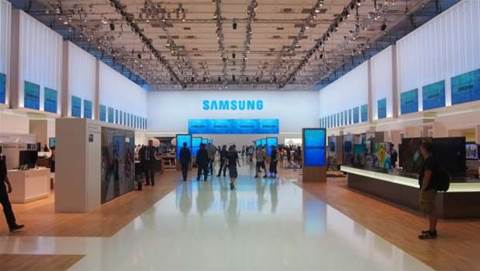The company said at a press event in San Francisco that users are harnessing the power of its GPUs in other ways.
David Kirk, chief scientist at Nvidia, explained how scientists have been taking up a practice called 'general purpose computing on GPUs' to perform huge computing tasks.
The advantage of the GPU is its ability to perform multiple calculations, according to Kirk. Whereas a quad-core CPU is able to handle up to eight processing threads at once, a GPU can handle as many 12,000 threads.
This ability to multi-thread makes the GPU extremely well suited to computation-intensive tasks, such as physics modelling or crunching large amounts of statistical data for models and simulations.
Users were forced initially to perform general purpose GPU operations on top of graphics APIs in order to tap into the chips, a process Kirk likened to " using a screwdriver to open a can".
Nvidia introduced the Cuda development tool in June 2007 to allow scientists to tap into the GPU's power. More than 50,000 users have downloaded the software.
"GPUs are extremely powerful processors that have hundreds of times more processing power than CPUs," said Kirk.
"A lot of real-world scientific and consumer applications get hundreds of times better performance."
However, Kirk warned that GPUs will not replace CPUs in computers any time soon. "It does not replace the CPU," said Kirk.
"GPUs have a very hard time dealing with irregular data where there is a lot of decision making and not a lot of arithmetic."
Instead, Kirk sees the GPU taking over large parallel computing tasks traditionally relegated to supercomputer systems.
Kirk predicted that three of the five fastest supercomputers will use GPU chips by 2010.
"If you think about it, this is a massively parallel supercomputer on your desktop," he said. "It is truly the democratisation of supercomputing."
Nvidia talks up GPU 'supercomputers'
By
Shaun Nichols
on
Feb 26, 2008 7:07AM
Nvidia has claimed that its graphics chips are not just for gaming and watching movies..
Got a news tip for our journalists? Share it with us anonymously here.
.jpg&h=140&w=231&c=1&s=0)























